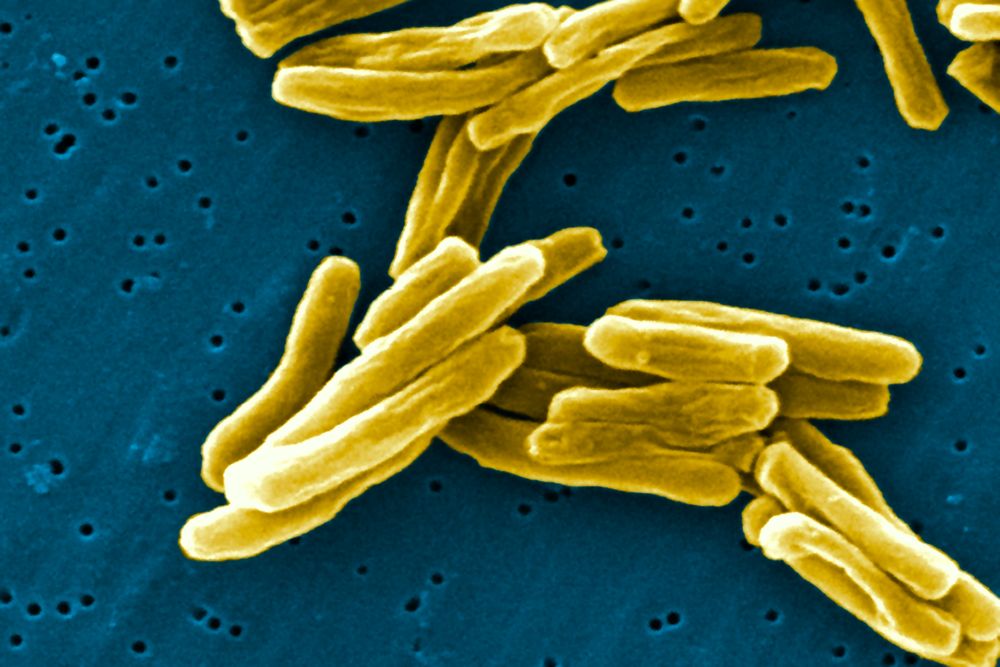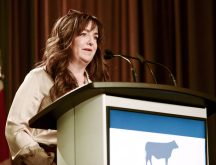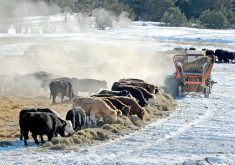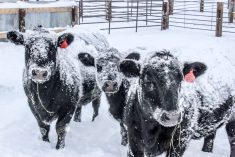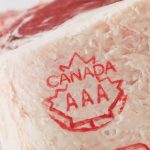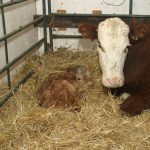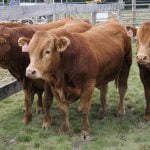Federal food safety officials are now looking into the life story of a slaughtered British Columbia beef cow confirmed with bovine tuberculosis.
The Canadian Food Inspection Agency on Monday announced it has launched an investigation after a mature beef cow was confirmed Nov. 9 with bovine TB.
The case comes a few months after the official closing of a months-long federal probe into the September 2016 discovery of a southern Alberta cow with the disease. That probe led to the discovery of five more infected cattle and destruction of about 11,500 through trace-in and trace-out investigations.
Read Also
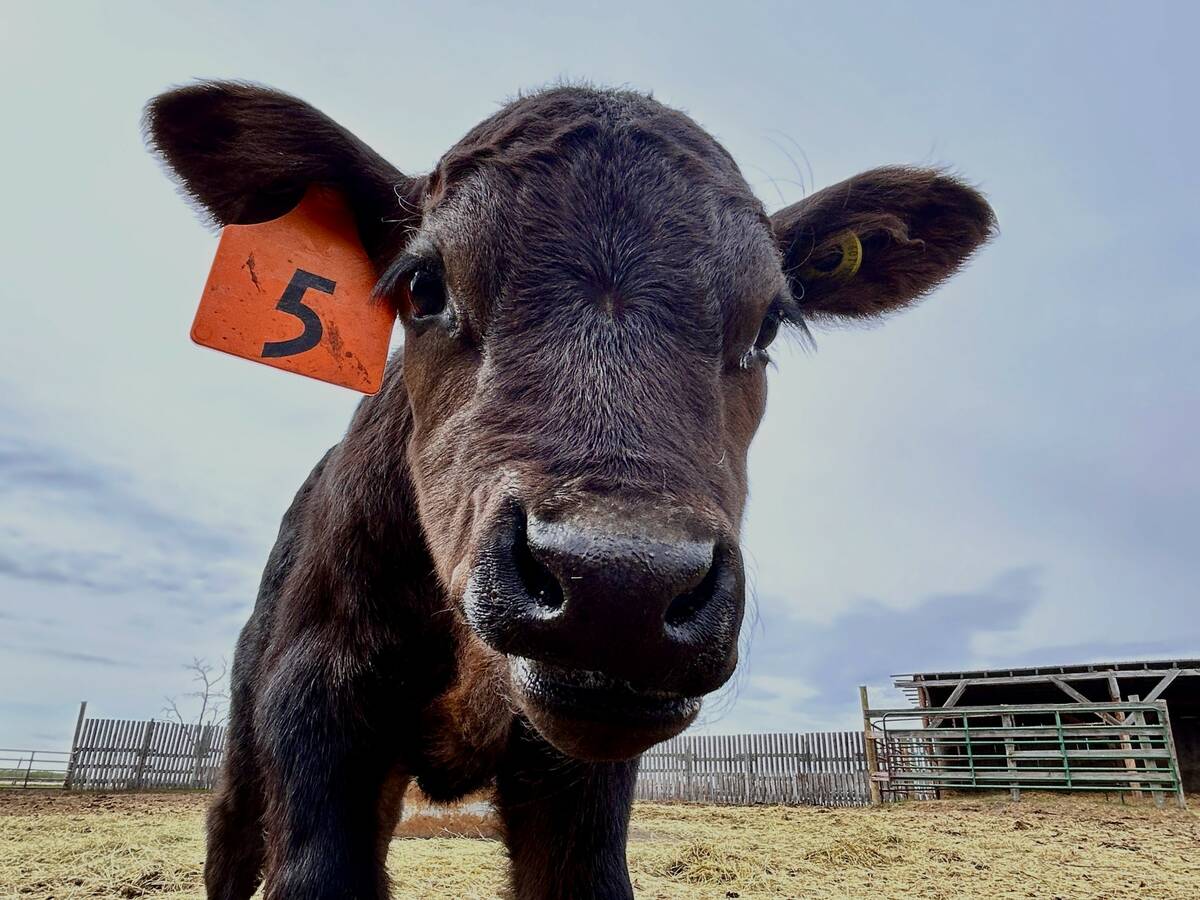
Health Canada stops sales of coccidiosis medication Deccox on procedural issue
Deccox, a medication to prevent coccidiosis in calves and other livestock, is temporarily off the market after Health Canada issued a stop sale order earlier this month.
The B.C. cow in the new case was presented for slaughter at a federally-registered facility on Oct. 26, after which post-mortem examination found “granulomatous lesions” — a characteristic formation in cattle with TB — in its lymph nodes, lungs and liver, the agency said.
Bovine TB was confirmed at CFIA’s Fallowfield lab at Ottawa, and the animal was traced to a farm in B.C.’s southern Interior, the agency said Monday. The carcass was condemned and no part of the animal went into the food chain.
A federally reportable livestock disease, bovine TB has been subject to a mandatory nationwide eradication program since 1923.
CFIA said Monday it is testing to identify the strain of the TB bacterium in the new case “as this may inform if there are connections to previous cases.”
No source of infection was ever identified for the 2016 outbreak, in which the TB strain didn’t match any previously found in Canadian domestic animals, wildlife or people, but was found to be “closely related” to a strain originating from cattle in central Mexico in 1997.
Dr. Debbie Barr, director of CFIA’s animal health, welfare and biosecurity division, said on a conference call Monday there’s no indication “at this time” that the new B.C. case is linked to the 2016 outbreak.
All that said, the agency added Monday, “this finding should not affect Canada’s current international status in which all provinces are considered bovine TB-free.”
The term “TB-free” doesn’t mean a country has zero cases of bovine TB, but that it has “a low disease prevalence and sufficient controls to limit an outbreak of the disease,” an agency representative said Monday via email.
Internationally, the World Organization for Animal Health (OIE) does not give official status for bovine TB, the CFIA representative said. “Rather, each province’s status is determined by criteria established in the Health of Animals Regulations.”
All provinces are considered to be officially free of bovine TB today, CFIA said, but “isolated cases may occur” and Canada continues to self-declare bovine TB freedom to the OIE.
CFIA emphasized Monday it’s in the “very early stages” of its investigation, which will also involve tracing movements of the infected animal and its herd to try to identify the disease’s source and any potential spread.
“This involves identifying all herds that have come in contact with the infected animal during its life,” CFIA said.
Specifically, the agency will trace the movement of animals to and from the infected herd during the past five years to try to track the disease’s source and curb any potential spread. “The exact number of herds involved and the time to complete the investigation are not yet known.”
Affected producers, industry associations and federal and provincial departments are co-operating in the ongoing investigation, CFIA said. “The common goal is to protect human health, protect the health of Canadian livestock and, in the process, maintain market access.”
However, CFIA emphasized, there is no risk to Canada’s food supply or to human health from this case.
Human exposure can only occur through the passage of fluids from an animal to an open skin sore, through “extended close contact” with an animal with active respiratory TB or by drinking unpasteurized milk from an infected animal.
Producers are eligible for compensation for any animals ordered destroyed by the CFIA as part of this investigation, the agency said.
The case announced Monday is not B.C.’s first in its domestic cattle herd; the province previously saw bovine TB cases in cattle in 2007, 2008 and 2011. — Glacier FarmMedia Network


